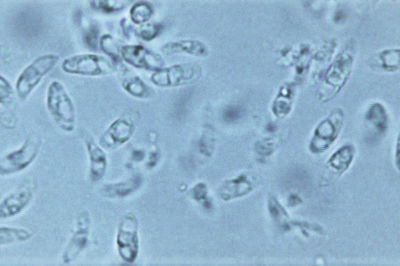Assessment of the species diversity of Sarcocystis using molecular techniques and their implementation in routine diagnosis
The genus of Sarcocystis (Apicomplexa: Sarcocystidae) includes more than 200 valid species that are among the most wide-spread protozoan infection agents in domestic and wild mammals; however, reptiles, birds and even humans are also affected. For these coccidian organisms to complete the life cycle, intermediary (IH) and final (FH) hosts are necessary. The study of this issue is primarily focused on topics such as species diversity, life cycles, diagnostics, clinical symptoms, treatment, prevention, economic losses or zoonotic potential. In the parasitology diagnostic lab, we encounter findings of infections by coccidian parasites of the Sarcocystis genus in animals, at the level of both IH (e.g., cattle, sheep, goats, pigs, mouflon and deer) and FH (e.g., dogs, cats and foxes). While terrestrial carnivores ranging in the wild are especially known as IH for a number of Sarcocystis species, some of them may serve as FH. In recent years, this very topic has become the subject of our interest. he published results have contributed to deepening the knowledge of the diversity of sarcosporidium infections, inter alia, through extending the host range of species, and to getting new molecular data for taxonomy and phylogenetics. Routine diagnosis and identification are both based on the presence of sarcosporidium oocysts/sporocysts in faeces or intestinal content of FH; they are detected using checks of faeces. For IH, various tissues (mainly muscle) undergo examination focusing on the detection of cysts/bradyzoites. For this purpose, we use a variety of diagnostic methods – these particularly include examination using native preparations, a compression method, a digestion method and histological tests. Often, the above-mentioned methods do not enable an accurate determination of the species and its characterisation; as a result the inclusion of molecular biological methods based on PCR amplification followed by sequencing is necessary. Molecular diagnostic methods employed at the parasitology lab of SVI Prague will be used to deepen scientific understanding and obtain epizootologically/epidemiologically relevant data relating to the selected Sarcocystis species and their hosts, as well as to apply this knowledge for diagnostic purposes, the needs of farmers and veterinary supervisors.




